Video of Delegate Nguyen Thi Viet Nga, Hai Phong National Assembly Delegation shared:
In the hallway of the National Assembly, delegate Nguyen Thi Viet Nga, Hai Phong National Assembly Delegation said: If building a new set of textbooks based on existing textbooks, it is necessary to avoid mechanical cutting, meaning picking up a part from this set, picking up a part from that set, but not ensuring quality.
It is necessary to pay attention to the team compiling the new set of textbooks. In addition to the authors who are famous, veteran, and experienced in compiling textbooks, it is necessary to structure another very important part: experienced and dedicated teachers who have been and are directly teaching the current sets of textbooks. Because these teachers are the ones closest to the students, teaching students every day, every hour, they will be the ones who know very well the advantages and disadvantages of each set of textbooks. "I think the opinions of this team are extremely important in the process of designing the new set of textbooks," said delegate Nguyen Thi Viet Nga, National Assembly Delegation of Hai Phong.
Through the process of contacting voters as well as recording teachers' opinions, it can be seen that the general education program in our country is too academic and quite heavy, so it is proposed that when compiling a set of common textbooks, attention should be paid to reducing the program load to make it more suitable and closer to students.
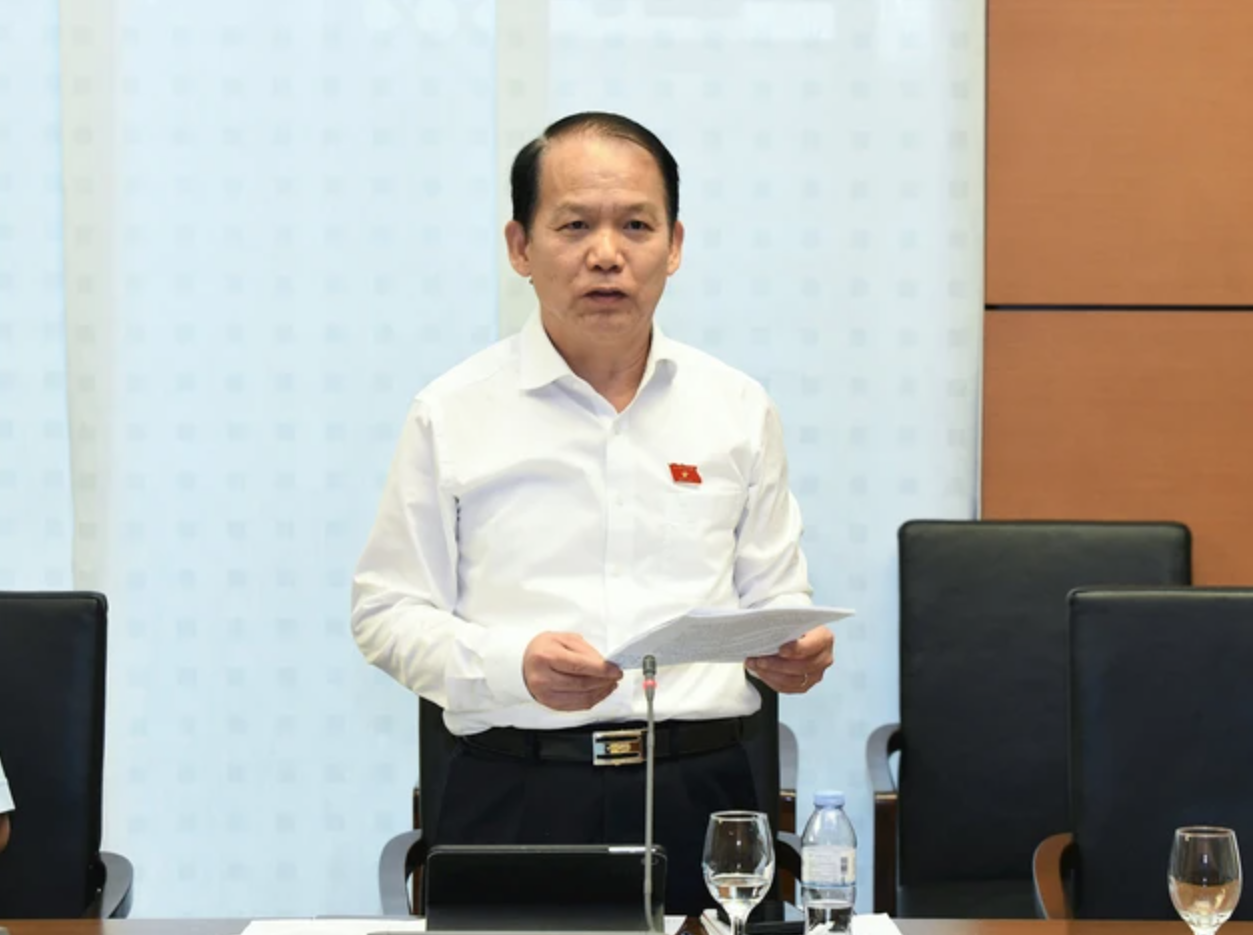
Delegate Hoang Thanh Tung, National Assembly Delegation of Can Tho City. Photo: QH
According to delegate Hoang Thanh Tung, National Assembly Delegation of Can Tho City, Resolution 71 of the Politburo on breakthrough in education and training development clearly directs not to organize School Councils in public educational institutions (except for public schools that meet international standards). Instead, the guiding spirit is to implement the Party Secretary who is also the head of the educational institution. This is a very important sentence, with a very clear directive nature, not a research sentence.
When the School Council ceases its operations, the head of the educational institution (understood as the Principal) must be appointed by the Party Secretary. However, Article 46 (transitional provisions) of the draft law stipulates otherwise.
Accordingly, the School Council will end its activities and hand over within 3 months. The documents of the School Council will continue to be effective until there is a replacement document, but not more than 12 months. That is, the documents of the School Council will only be effective for a maximum of 12 months, except for the personnel part. The current personnel part is that the School Council selects the Principal and Vice Principal.
Then, the superior management agency, i.e. the Ministry, will approve and recognize the title of Principal. Meanwhile, Clause 3, Article 46 of the draft law currently stipulates that the Principal continues to perform the role until retirement or the end of the term.
In case the recognition decision does not specify the term, it is considered to be the end of the term of the elected School Council. This regulation will not properly implement the spirit of Resolution 71, which is to implement the Party Secretary concurrently as the head of the educational institution. If the law stipulates like this, it means that it must be implemented according to the law.
For example, if the newly elected Principal has just been approved for 1 year, and still holds the position for 4 more years (the school term is 5 years). The Principal will hold the position for 4 more years before being replaced. Meanwhile, the spirit of Resolution 71 is that the Party Committee Secretary is also the head. If according to the law, the Party Committee Secretary is still only the Party Committee Secretary, and cannot take on the role of Principal because the law has stipulated so. Therefore, it is recommended that the Drafting Committee reconsider this content.
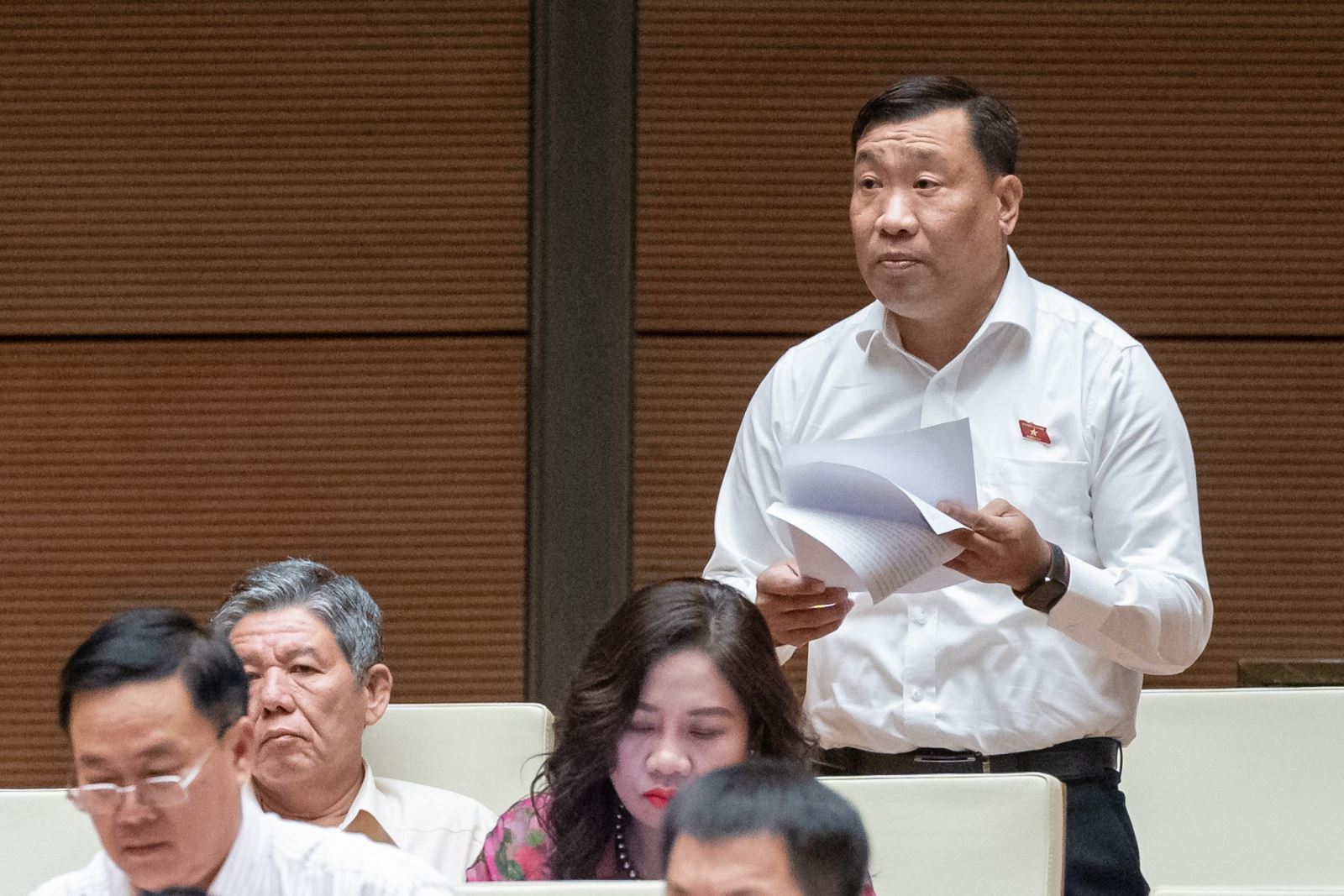
Delegate Thach Phuoc Binh, National Assembly Delegation of Vinh Long. Photo: VNA
Delegate Thach Phuoc Binh, National Assembly Delegation of Vinh Long said: "With the draft Law amending and supplementing a number of articles of the Law on Education; Law on Higher Education (amended), I agree with assigning the Prime Minister to decide on the framework of the national education system and the national qualifications framework. However, the draft law still lacks a process of academic criticism and social consultation when adjusting these two frameworks."
Regarding the content of student streaming, it is still more of a "slogan" than a reality... After 10 years of implementation, the rate of students choosing vocational training after junior high school has only reached 9%, while Resolution 29 set a target of 30%". To overcome this, the Provincial People's Committee must develop a specific streaming plan and targets, while the Ministry of Education and Training and the Ministry of Home Affairs need to coordinate to issue incentive policies such as granting scholarships, supporting practice, and reducing tuition fees for vocational students.
Regarding the licensing and suspension of diplomas and certificates, the addition of regulations on the issuance of electronic diplomas is in line with the trend of digital transformation, but it is still necessary to clarify the authentication and security mechanism. There should be a National Diploma Portal that allows online authentication, applying personal identification codes for each diploma. At the same time, short-term certificates, online learning, open learning should be recognized to encourage lifelong learning.
It is necessary to expand the connection from vocational high schools to colleges and universities, and build an integrated school-enterprise model where enterprises participate in program development, output assessment, practical training and direct recruitment. In addition, there should be policies to support tuition fees, living expenses and scholarships to encourage students to study vocational training, especially in remote areas.
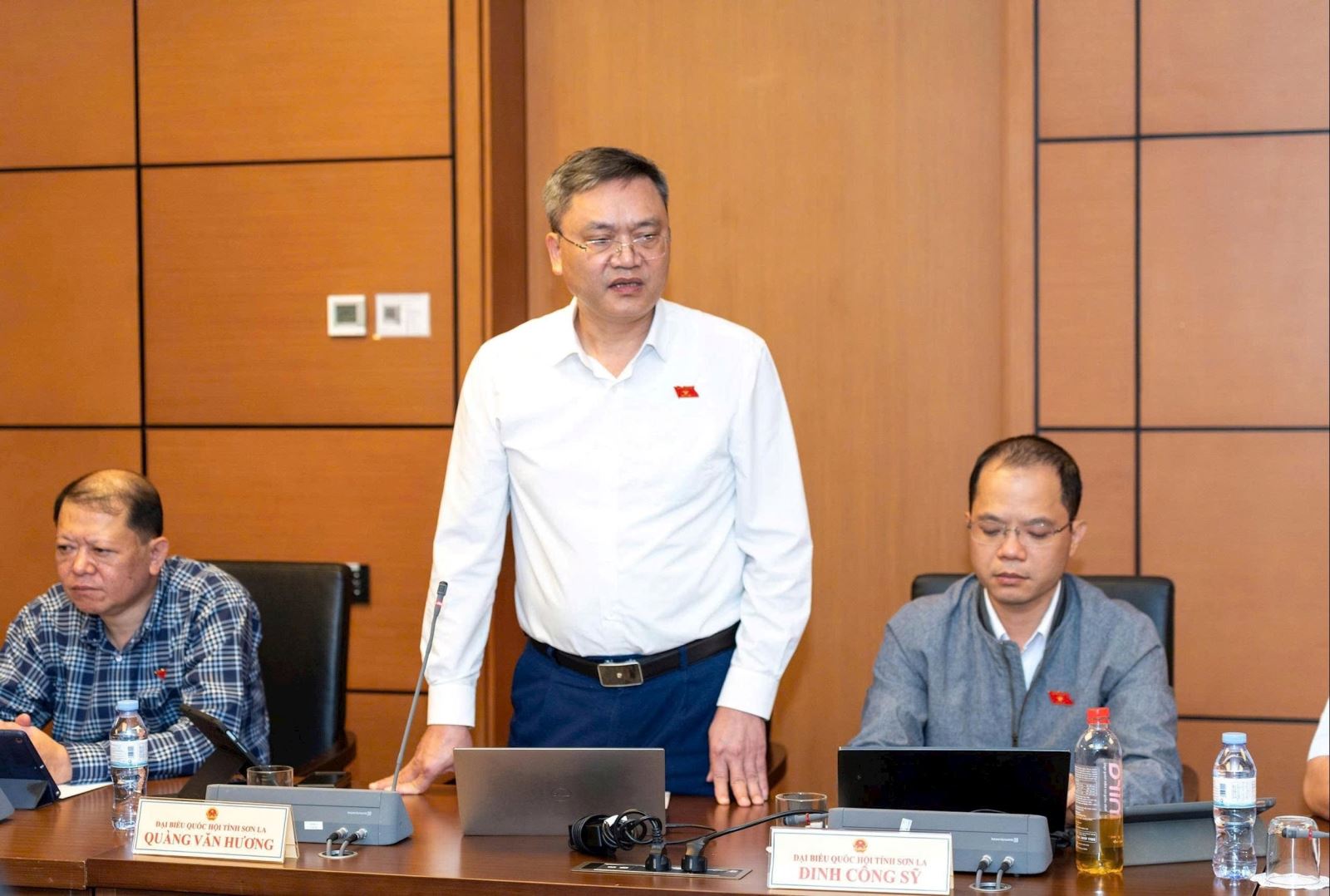
Delegate Quang Van Huong, National Assembly Delegation of Son La province. Photo: QH
Delegate Quàng Văn Hương, National Assembly Delegation of Sơn La Province, said that Resolution 71 of the Politburo clearly defines the task of completing the network of boarding, semi-boarding and university preparatory schools for ethnic minorities in disadvantaged areas before 2030. However, the current draft law has not yet defined the concept of “disadvantaged areas”. Some places say “particularly disadvantaged areas”, while others only say “areas with difficult socio-economic conditions”. If there is no consistency, it will easily lead to missing targets or difficulty in implementing policies.
The transfer of areas – when a commune leaves a difficult area, there needs to be a clear roadmap so that students who are studying in the middle of their studies do not have their policies cut off midway. Therefore, it is recommended that the Government clearly stipulate the principles for maintaining policies during the transition period, ensuring fairness and stability for students in ethnic and mountainous areas.
Source: https://baotintuc.vn/thoi-su/dai-bieu-quoc-hoi-quan-tam-nhung-doi-moi-cua-nganh-giao-duc-20251119235757277.htm



![[Photo] National Assembly Chairman Tran Thanh Man holds talks with South Korean National Assembly Chairman Woo Won Shik](/_next/image?url=https%3A%2F%2Fvphoto.vietnam.vn%2Fthumb%2F1200x675%2Fvietnam%2Fresource%2FIMAGE%2F2025%2F11%2F20%2F1763629724919_hq-5175-jpg.webp&w=3840&q=75)

![[Photo] President Luong Cuong receives President of the Senate of the Czech Republic Milos Vystrcil](/_next/image?url=https%3A%2F%2Fvphoto.vietnam.vn%2Fthumb%2F1200x675%2Fvietnam%2Fresource%2FIMAGE%2F2025%2F11%2F20%2F1763629737266_ndo_br_1-jpg.webp&w=3840&q=75)
![[Photo] Lam Dong: Panoramic view of Lien Khuong waterfall rolling like never before](/_next/image?url=https%3A%2F%2Fvphoto.vietnam.vn%2Fthumb%2F1200x675%2Fvietnam%2Fresource%2FIMAGE%2F2025%2F11%2F20%2F1763633331783_lk7-jpg.webp&w=3840&q=75)

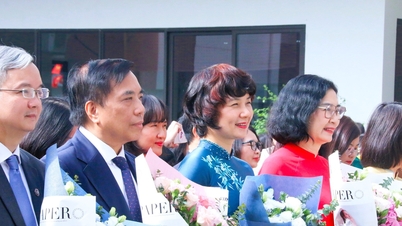

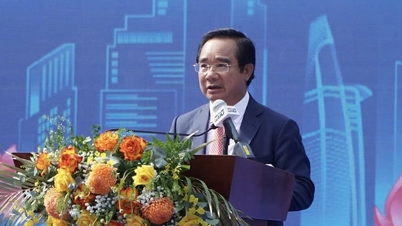
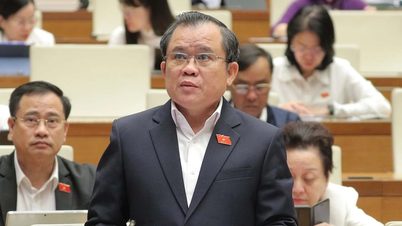


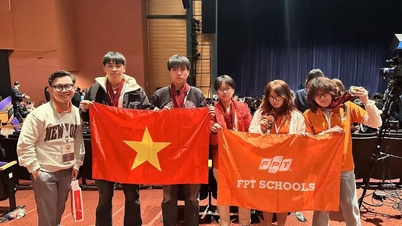


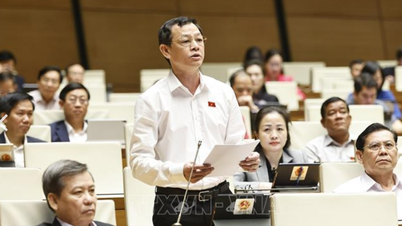
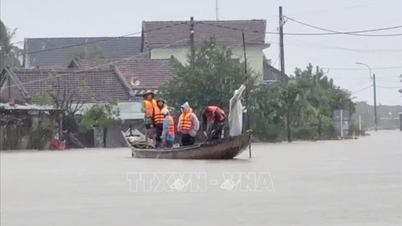
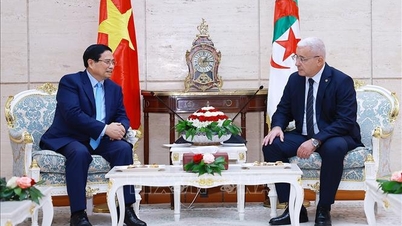
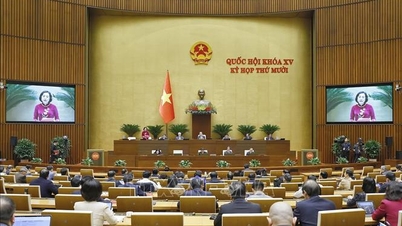

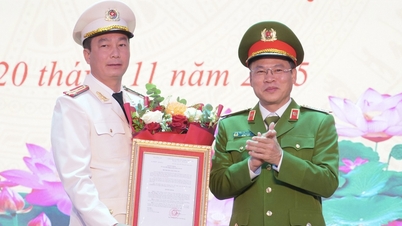





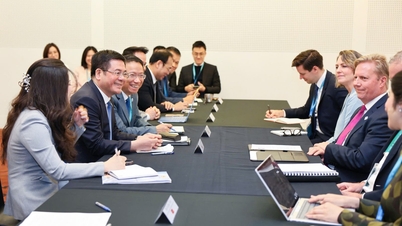
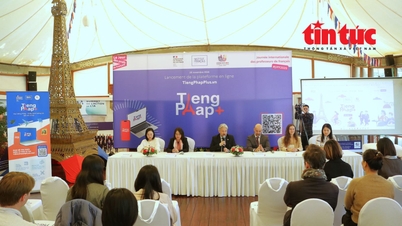

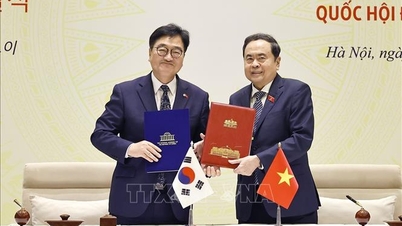
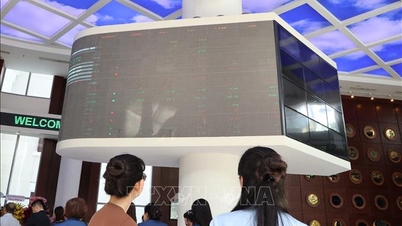















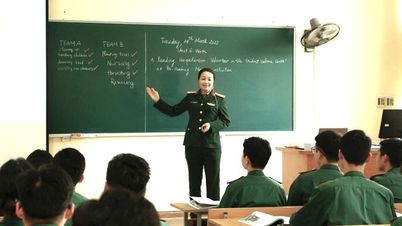





















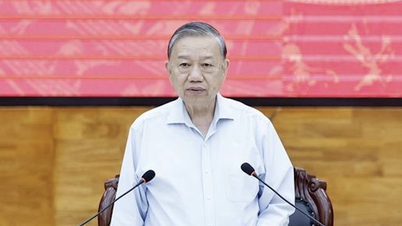


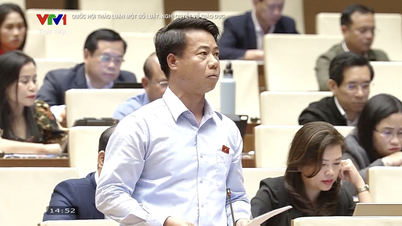






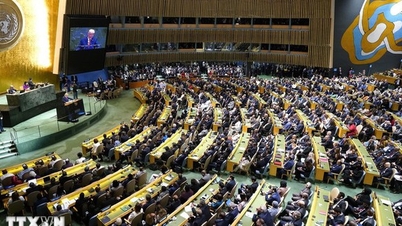

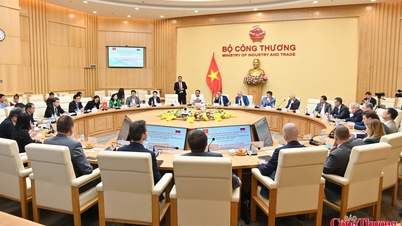








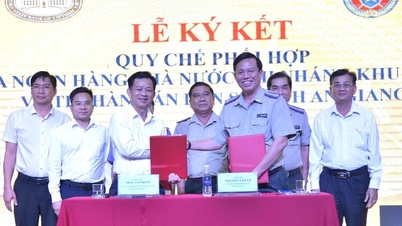


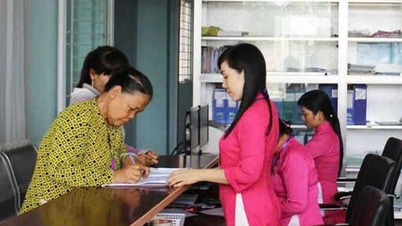














Comment (0)